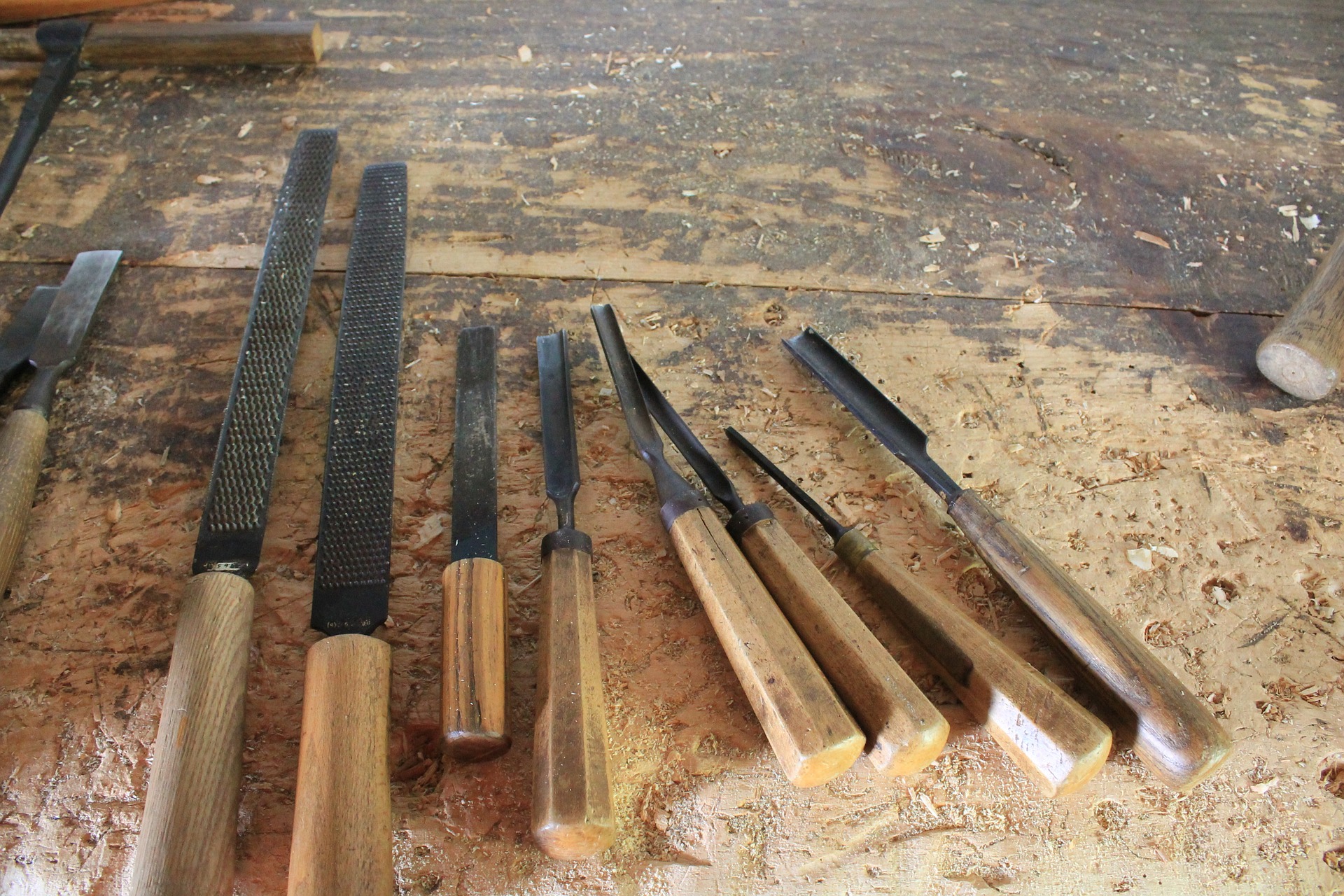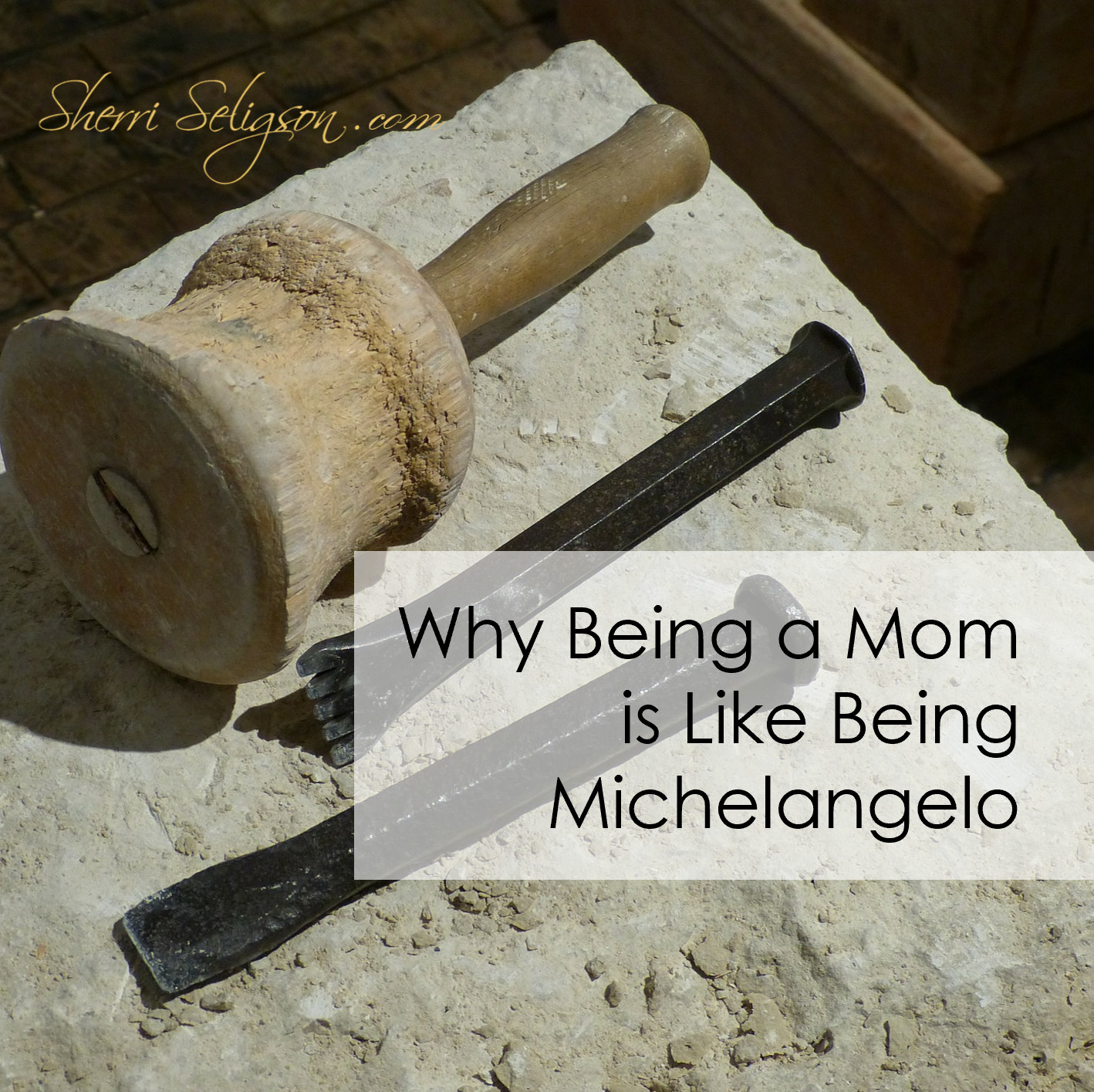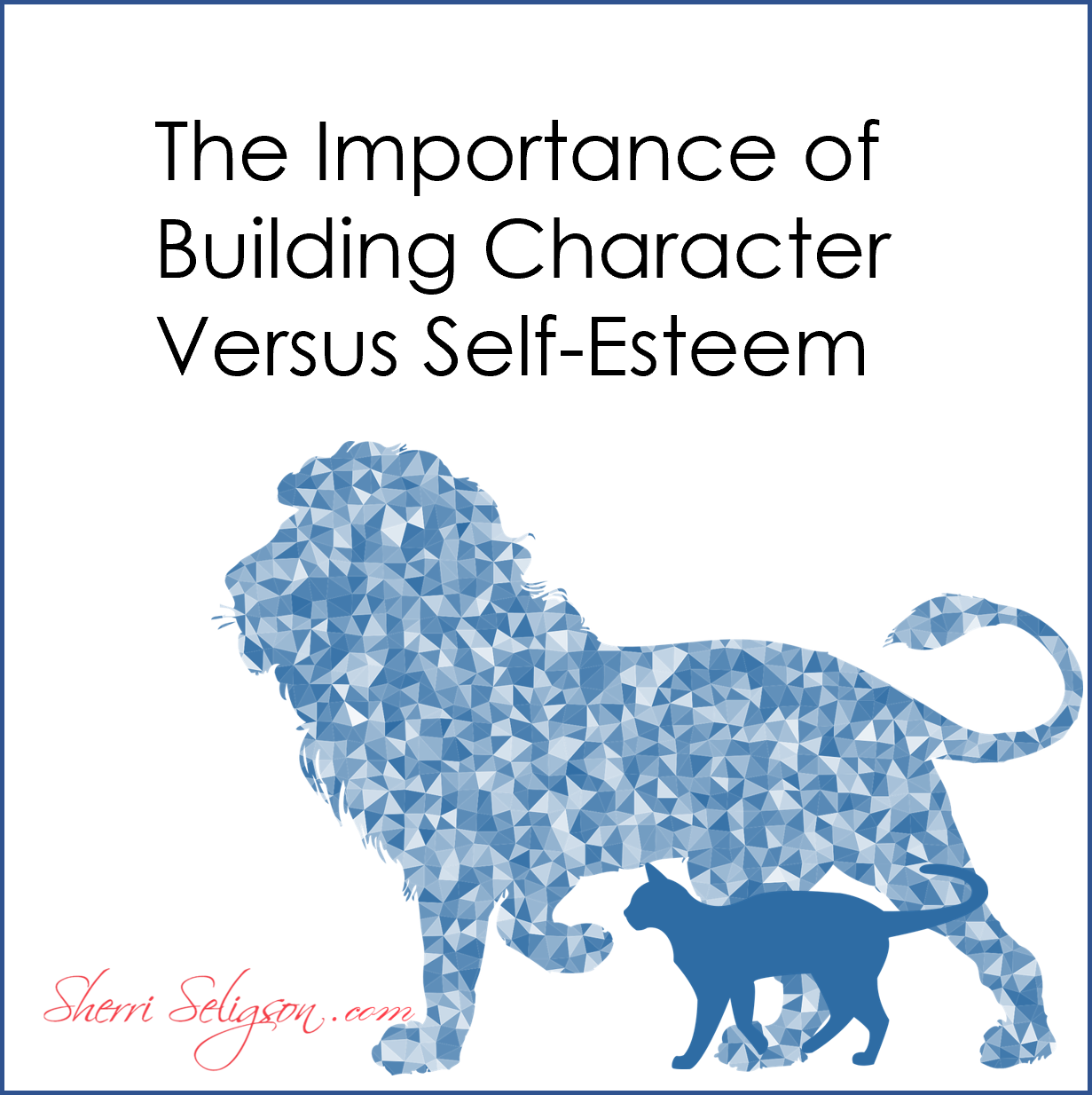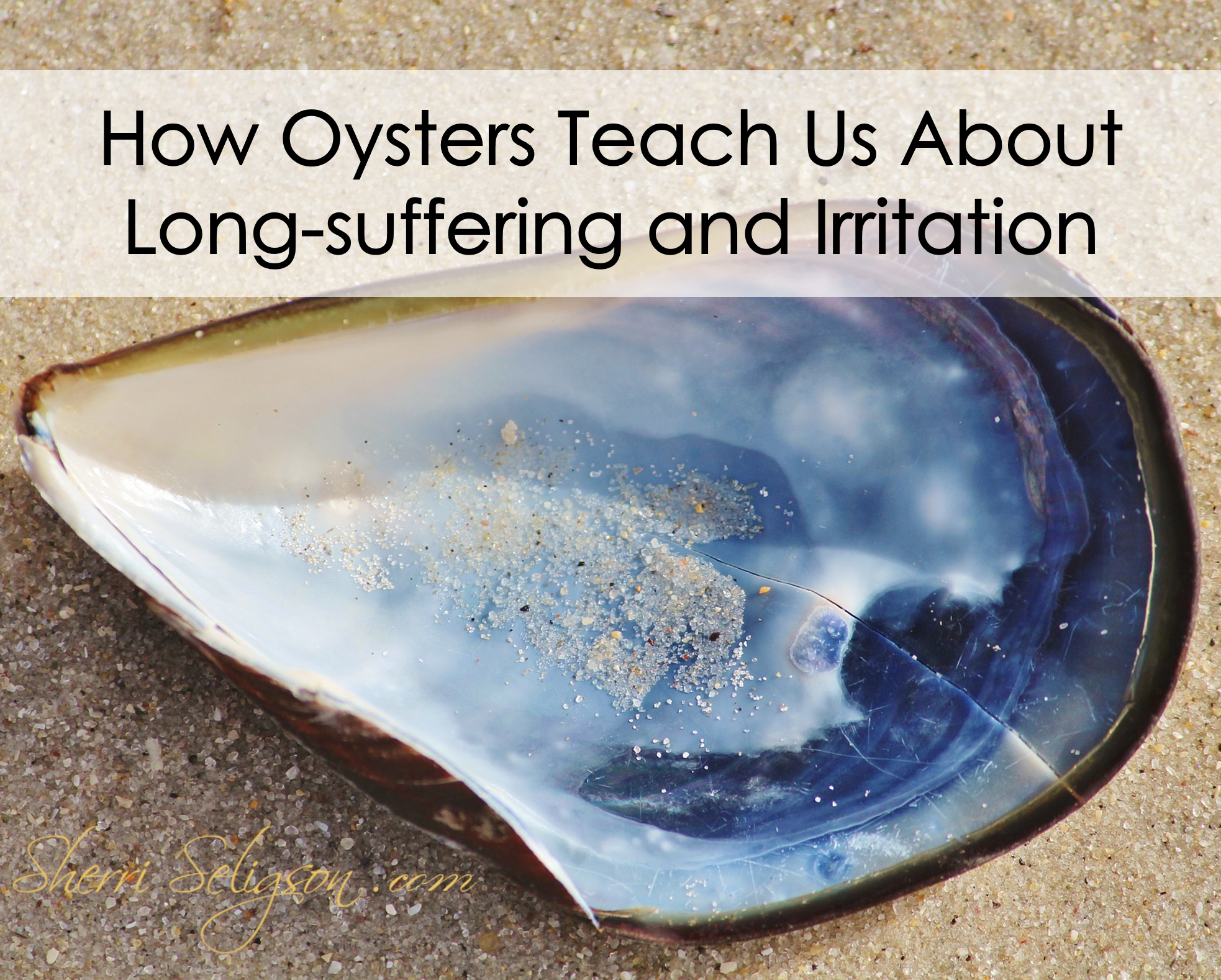
Several years ago I had the opportunity to travel to Rome and tour the city and surrounding parts of Italy. It is a beautiful country full of thousands of years of history. One of the things I saw that was very deeply imprinted in my mind was the Pietà sculpture by Michelangelo.

The Pietà is a carving of Mary holding Jesus after he was crucified. It is beautifully done with exquisite detail.
Just look at those amazing details. The draping of the clothes, the life-like skin, the musculature of each of the figures. Now look more closely and see the emotion conveyed on their faces. Standing there in front of it, my eyes teared up. I was filled with the emotion of the beauty of this sculpture and then what it was conveying to me. What a tender moment it portrayed.
Then I realized something. A rock was making me cry. A block of marble! What was up with that?
Well, think about the process the sculptor had to go through. Michelangelo carved this work of art out of a single slab. I can imagine him first making several sketches of his design. Then he hunted and hunted for the perfect piece of marble…one with the proper size and color. And then he got to work.
Being a mom is like that.
Now don’t stop reading…I’m not going crazy with my analogy here. Bear with me for a minute.
You see, when this great sculptor began his work, he had to start with hammers and chisels. It took great strength to constantly hit a chisel to break off just the right pieces of marble. The process took years, slowly etching and notching and sanding to alter the piece bit by bit.
He worked long days and often into the night to get it just right. Sculpting is messy and hard work. Michelangelo had to forge many of his own tools to help create the proper shapes and curves he was looking for. In fact, he had claimed that painting was superior to sculpture because of sculpture’s laborious, muscle-straining, dust-filled, mess-making work. But look at his results!!
Being a mom is like that.

We are given our children…little blank slates, if you will…that need training and care from the beginning. Our goal is to end up with the beautiful creation of a well-adjusted, educated, happy adult. So we begin the long process. We gather proper materials to help us in our work (think of how much research you did when you bought your first car seat). We work long days and often into the night. We have to deal with messes (LOTS of messes!) and things strewn all over. Training them requires constant, tireless, careful repetition. And if we get weary, we cannot allow ourselves to get sloppy.
One small wrong move for Michelangelo, and an ear might pop off! Then more work would be required to rebuild and reform the piece.
One unguarded word or frustrating rant, and WE have lots of re-working to do with our children, asking for forgiveness, rebuilding relationships. This mom-thing is often laborious, muscle-straining, dust-filled, mess-making effort!
But it is oh, so worth it!
You, Mom, are doing a beautiful work. After all, anything of great beauty or of great value requires hard work to produce it. Why would mothering be any different?
Yet it is even better. You are working to help your children grow in character and grace. You are training them to be productive adults and go on to live their futures. You are building beautiful relationships with them.
I know. Looking at them during those formative years can sometimes be difficult. We are standing amid the mess of our ‘great work,’ and it can be discouraging. We lose sight of the final goal because it seems so far away. Yet day-by-day time moves forward. You keep persevering. And, I promise you, they will grow up! Then you will sit back and recall those challenging, work-filled days and realize that it was well worth it.
So continue in your sculpture-building. Remember that any great work brings challenges and requires lots of effort. We will tire in the midst of it, but keep pressing on. You know that you will one day be able to look at your child as he or she launches from the home, and you can happily wipe your brow from a job well done. You are like Michelangelo!
















































